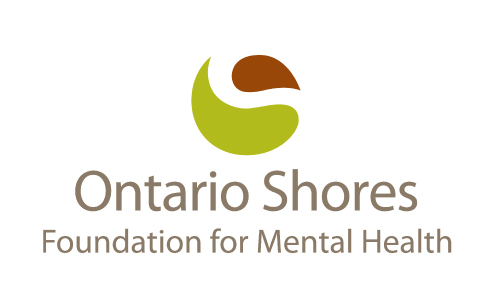Join our Mailing list!
Get all the latest news, upcoming courses, and exclusive deals.
"*" indicates required fields

This microcredential aims to address the gap in mental health care environment and better prepare interprofessional healthcare workforces (allied health, social work etc.) who are working in mental health care settings.
This microcredential is designed to enhance learners skills when delivering human services and better prepare nurses and other medical professionals working in healthcare to practice with understanding and consideration for the unique and complex factors in life that affect an individual while supporting their right to determine their own path towards mental health and well-being.
In partnership with Ontario Shores Centre for Mental Health Sciences

Week 1
Welcome
Introduction to Recovery
Week 2
Defining Recovery
Clinical vs Personal Recovery
CHIME framework in Recovery
Self reflections
Goal setting
Putting CHIME in action
Meet Maria (case study)
Week 3
Empathy
Patient Safety Plan
Week 4
Recovery vs Non-Recovery Goals
Family in Recovery
Recovery Colleges
Skills Verification Activity #1: Recovery-oriented SOAPE note
Week 5
Setting Recovery Goals
Peer Support
Strength-based approach
Skills Verification Activity #2: Recovery Goals
Week 6
Maria’s full story
Reflection
Skills Verification Activity #3: Diary Reflection
"*" indicates required fields